Freeholder Jim Jefferson Uses Prison Ministry to Reach Out
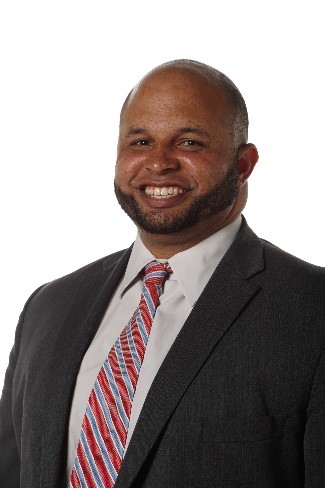
BY CLYDE HUGHES, AC JosepH Media
Gloucester County Freeholder Jim Jefferson has been a Division I college athlete, worked as a special assistant for the New Jersey Speaker of the General Assembly and appointed to the state parole board, but he said he gets is greatest satisfaction ministering in state prisoners.
Jefferson, the lone African-American county freeholder, has traveled to more than 200 prisons in his more than 13 years with the Saints Prison Ministry. The Saints Prison Ministry is the nation’s largest athletic prison ministry, based in Moorestown, New Jersey.
A freeholder since 2015, Jefferson said that the ministry allows him to reach at-risk young people and others in a unique way.
“Everyone deserves another chance,” Jefferson, who lives in Woodbury, told Front Runner New Jersey in an email interview. “I minister because I believe that no matter what mistakes we’ve made, through our Father, there is the ability for redemption and change. The Saints Prison Ministry is really where I feel that I am doing my best work because it is so important to spread the message that through faith in Jesus and hard work people can turn their lives around.
“I want to give hope to the men that I encounter so they know that they are not alone, that they are not forgotten and that they do deserve the love of our Father and when they understand that, they can understand they deserve to live a better life,” he added.
Along with serving as a freeholder, Jefferson is an associate board member of the Juvenile Panel with the New Jersey State Parole Board. He said he has noticed that at-risk youth today have very specific needs.
“Our youth need boundaries, they need strong people in their lives, role models, and they need to learn early on that there are consequences for their actions and that there is nothing that replaces hard work,” Jefferson said.
“I see many good young people who just are so misguided, mainly because they were never taught responsibility. It would not be worth my time to place blame, but instead we need to instill in our youth strong values of respect for others, that what they see on TV and on social media is not real. That anything worthwhile takes hard work,” he continued.
He said teachers and people of influence in their lives can still play critical roles in their development.
“Our youth also need to be taught self-respect, and they need good teachers who can get through to them and meet them where they are and help them rise up,” Jefferson said. “They need counseling; life skills and they need to learn how to support themselves.”
Jefferson while he seeks to be a role model for all youth as well as African-American, he learned from his father how to overcome the lasting challenges presented by racism.
“I want to be a role model not for the color of my skin, but for the person that I am,” Jefferson said. “There is so much divisiveness in our country today that I would rather focus on our similarities then our differences. But with that being said I believe it is important that young people can look at their leaders and identify with them.
“I think of how much things are different now than for my late father, who was born in a rural, segregated town in Alleghany County, Virginia in 1947. Despite the racism he faced in those tumultuous times, he still chose to serve his country proudly in the United States Navy. I try my best to emulate the example that he set for me, not only for my children, but for the entire community,” Jefferson continued.
He said with the election of Barack Obama as president and Cory Booker as a U.S. senator, African-Americans are starting to see a new wave of blacks in leadership positions.
READ: Cory Booker, Others Introduce Anti-Lynching Bill in Congress
“I love that my kids got to see an African American president and first lady in Barack and Michelle Obama, when I was growing up most of the country’s leaders were white,” Jefferson said. “With young people being able to see Corey Booker in the United States Senate, an extremely intelligent, compassionate voice for people and see myself on a local level as tangible proof that there is a path in government and politics that is open to them is an incredible honor that I humbly embrace.”
Jefferson said that he learned a great deal while serving as a constituent relations specialist and a special assistant to the New Jersey Speaker of the General Assembly that helps him in his job as a freeholder and other public work.
“Helping people is my passion and what I learned during my time working for then Speaker Joe Roberts was invaluable in what I do today,” Jefferson said. “My experience helped me learn the channels of government so I could create an impact in people’s lives by getting them real assistance.
“Listen, if you are a parent who lost their job and you’re having a hard time paying bills or keeping the lights on, you don’t need the added stress of having to navigate bureaucracy in order to get some help, or if you are a senior and you need help with getting transportation to your medical appointments, you don’t want to call ten different agencies. That is the kind of help I like to provide and my freeholder office now, with the help of my aide, does a fantastic job in cutting through the tape to get people the help they need,” he continued.
Jefferson graduated from Mount Saint Mary’s University, where he earned a bachelor’s degree in political science and played four seasons on the university’s baseball year, one as the team’s captain. He said has been able to transfer those experiences to his work today, especially in dealing with the opioid crisis that has ravaged so many families in New Jersey and around the country.
“Helen Keller said ‘Alone, we can do so little; together we can do so much.’ I try to pass this wisdom along,” Jefferson said. “No one can go it alone. I encourage the prisoners I work with, and the families and those facing addiction, and the youth I work with that that they don’t have to go it alone.
“One of the issues that I work on as a freeholder is the opioid epidemic that cripples so many of our residents and their families. As the chair of the Gloucester County Addictions Task Force, I see how many people and families isolate themselves in their struggle. But no one can go it alone; it takes a team. That is why we have programs and support groups and other activities that bring people together to let them know they are not alone,” he said.
Jefferson said he enjoys being on the team that extends that helping hand to Gloucester County residents, whether its suffering families or those in prison who needs a second chance.
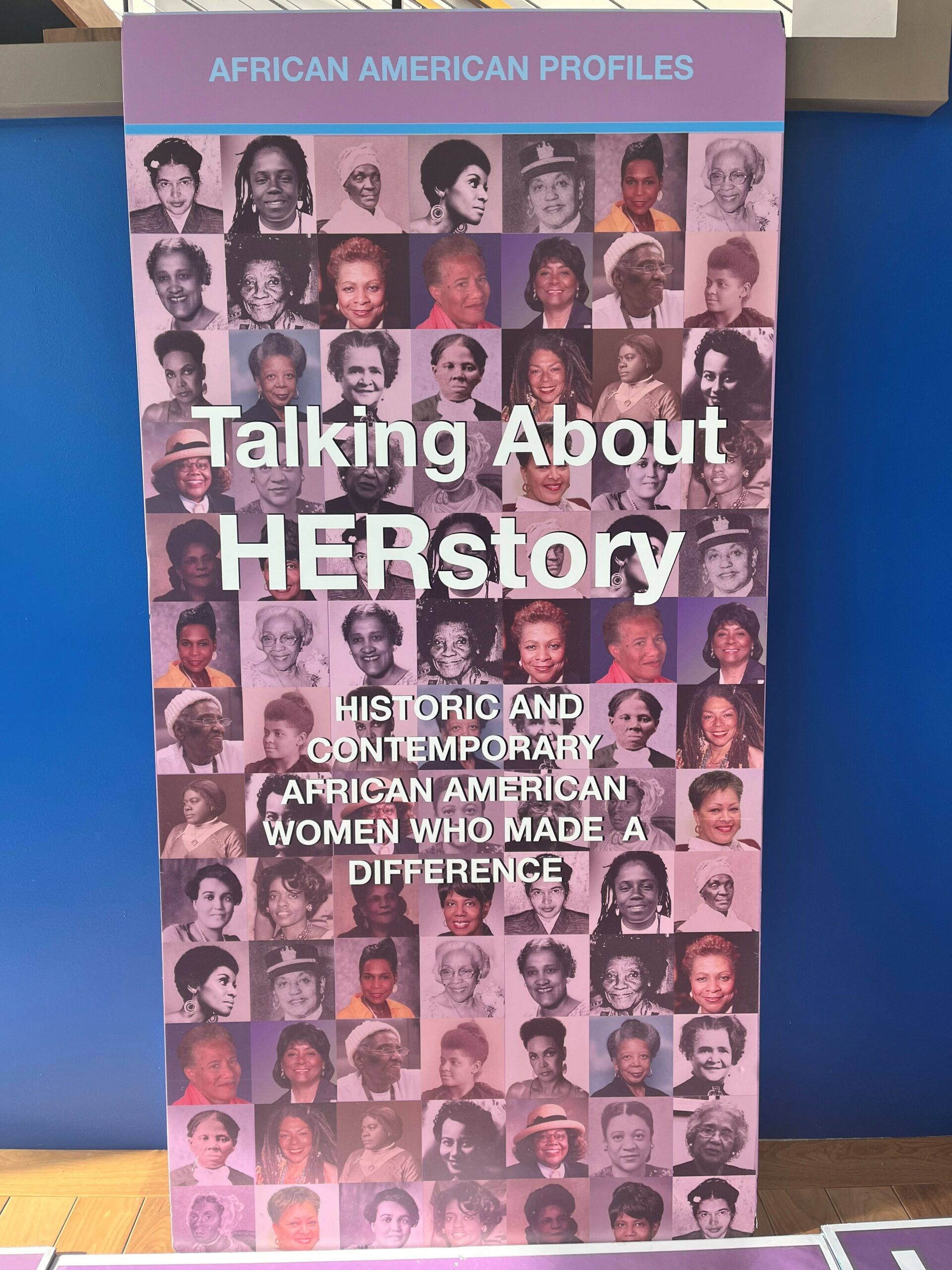
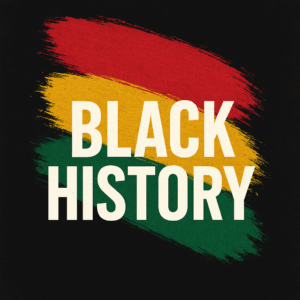

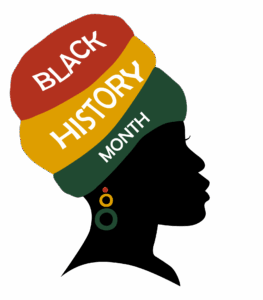
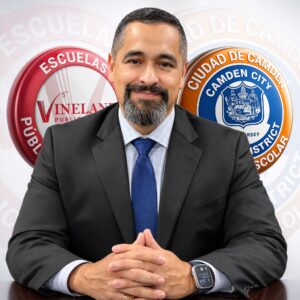
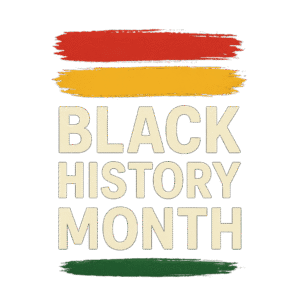
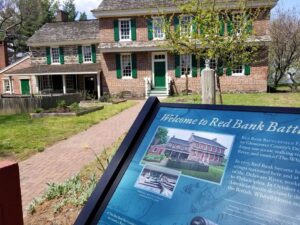
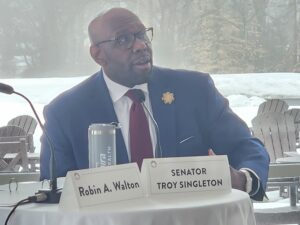
1 thought on “Freeholder Jim Jefferson Uses Prison Ministry to Reach Out”